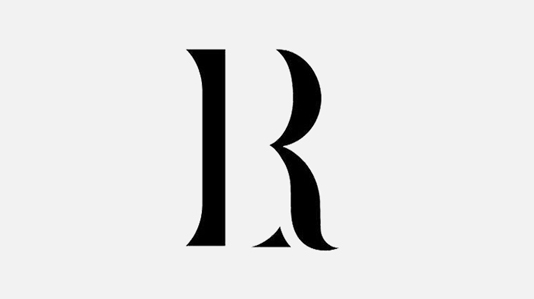Many people mistakenly believe that if they hire or employ someone to create something for them, the work is automatically considered a “work made for hire.” Whether you own a small business and are engaging a graphic designer to develop website content, or a production company seeking a director for a new feature film, understanding work for hire arrangements may be valuable to your future business and creative endeavors.
WHAT DOES “WORK MADE FOR HIRE” MEAN?
Under U.S. Copyright law, the person who actually creates a work is generally the author of the work. Usually, the author is automatically the owner of the exclusive rights and privileges of copyright protection. However, if a work qualifies as a work made for hire, then the creator’s employer or the person that commissioned the work will be considered the author.
Under Section 101 of the Copyright Act, a work made for hire is either: (i) a work prepared by an employee within the scope of employment, or (ii) a work specially ordered or commissioned for use as one of the following:
- a contribution to a collective work;
- a part of a motion picture or other audiovisual work;
- a translation;
- a supplementary work;
- a compilation;
- an instructional text;
- a test;
- answer material for a test;
- an atlas.
For the second category of independently commissioned works, both parties must expressly agree in a signed written instrument that the work is considered a work made for hire.
Sound recordings are notably absent from the list of works that can be works commissioned by independent contractors as works made for hire. Historically, labels have treated sound recordings as works made for hire under the theory that the sound recordings are contributions to a “compilation” in the list above. This is largely perceived as permissible under the Copyright Act because virtually all recording contracts require delivery of several sound recordings in any delivery period.
WHY DO WORK FOR HIRE ARRANGEMENTS MATTER?
There are several privileges and benefits to an employer or third party obtaining authorship rights in a work. As legal author, a company can freely and exclusively reproduce and distribute the work, among other things, without seeking permission from the content creator.
Moreover, work for hire arrangements are not subject to the same termination rights as assignments. Under Section 304 of the Copyright Act, a copyright owner can terminate all assignments, grants, licenses or transfers of rights (made prior to 1978) 56 years after the grant or assignment was made. Thus, a company obtaining a license or assignment of the copyright in a work made by an employee may be forced to forfeit the rights to the work after 56 years. Because this rule does not apply to works made for hire, a work made for hire is generally a more favorable arrangement for those commissioning a work.
Moreover, under Section 203 of the Copyright Act, an author or his or her heirs can terminate an exclusive or nonexclusive transfer or license of a work. The author has five years, beginning 35 years after the license or transfer was granted, to exercise this right of termination. As with the Section 304 right, the Section 203 termination right does not apply to works made for hire.
HOW DO I ENSURE THAT A WORK IS A WORK MADE FOR HIRE?
Because the Copyright Act defines works made for hire in two different ways, it is important to determine whether the work is being created by an employee or by an independent contractor. Sometimes it can be tricky to determine if the person engaged to create the work is an employee or independent contractor. Although there is no clear-cut rule to resolve the issue, courts often take into consideration the (i) control of the employer over the work, (ii) control by employer over the employee and (iii) status and conduct of the employer.
Most companies, no matter the size or industry, prefer to have work for hire arrangements with those hired to create various original works or material. While a work will be considered a work made for hire if it is created within the scope of an employee’s employment, it is important that a company create clear expectations for the employee via a written agreement to avoid future authorship or ownership disputes.
On the other hand, if a non-employee (independent contractor) is creating the copyrightable work, the agreement must always be in writing and the nature of the work must fall under one of the nine categories listed above.
WHAT IF I’M NOT SURE?
Work for hire agreements can contain carefully drafted, protective clauses for ambiguous or confusing situations. The contracts may include assignment language, indicating that if, for any reason, the work is not considered a work made for hire under the Copyright Act, then the author agrees to assign and transfer all right, title and interest in the work to the person commissioning it. Accordingly, if the situation was not a work for hire, the commissioner would still be the legal owner of the work.
Defining the parameters of the work made for hire relationship, ownership and payment in writing before commencing development of a creative project is usually a good idea to protect your interests.
CONTACT OUR TEAM
Does your business hire others to develop creative content? The experienced attorneys at Romano Law are ready to help. Contact us for next steps.
[This blog post has been updated from a previous version, published May 30, 2014]
Carlianna Dengel is admitted to practice law in New York and California.



